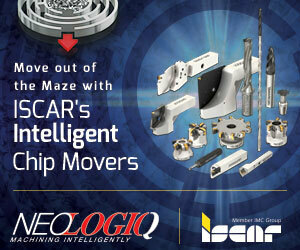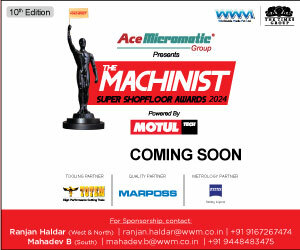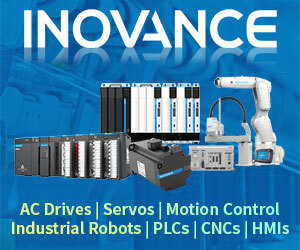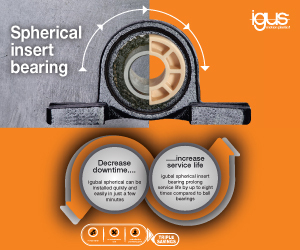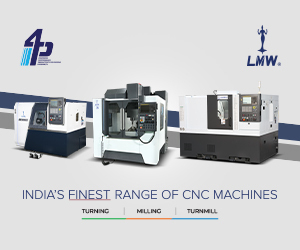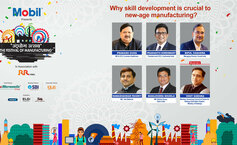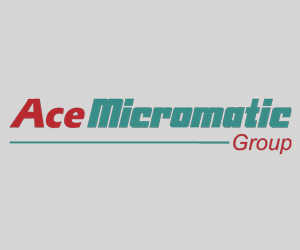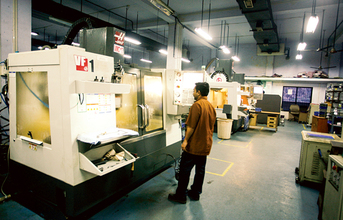
Vision
"The vision of our Chairman, Rajmal Mehta and the Managing director, Mahendra Mehta was to tap the global market and be leaders. In order to convert that vision to reality, we wanted to buy machines that could deliver precision and repeatability thus enabling us to compete with other global players," says Snehal Surti, General Manager (operations), Parle Elizabeth Tools Pvt Ltd. But the journey for Parle Elizabeth Tools Pvt. Ltd was not always that easy and comfortable.
The company commenced production in the year 1974 with the help of a conventional lathe machine. One of the primary problems with traditional lathes was that it required significant manpower. Additionally, due to the fact that the work was performed by hand, accuracy could not be guaranteed from the production of one part to another. They also lacked high end technology and competing on a global platform with a conventional lathe was rather tough.
"The conventional machine was able to give us the results but the consistency and volume was something that we were not able to achieve. Besides this certain teething problems such as transformation of engineering processes, skilled labour to operate the machines, programmes to run the machines, appropriate cutting tools, environment conditions, and machine application options were yet to be addressed," Surti adds.
He further explains that the journey was not very easy since the challenges before were not only to introduce the latest technology backed by experienced manpower but also to stabilise and balance the output with other conventional machines. "The demand from the market was on the rise and it was open for those who could support this demand with quality supplies backed with shorter lead time," he says.
The company thus eventually decided to invest in a CNC machine in 2001 and purchased its first Haas vertical machining centre (VMC) in order to do so. Since then, the company has never felt the need to look towards an alternative machine tool builder. As of date the company owns nine Haas VMCs and five Haas turning centres "The people not only helped us in explaining the technology, but also provided us with application support at a much better than any of their competitors," says Surti.
According to Surti, a cost effective solution along with speed was the need of the hour and Haas lived up to all of our expectations. "We manufacture parts that require accuracy and repeatability. In fact, repeatability is emphasised more on our kind of parts than accuracy. When we decided to purchase a CNC machine, it was like a black box to us.
It was not only a complicated matter for us but for many in the industry. One of the aspects that we were concerned about was the after-sales service of the machines. Indian brands were yet to establish and we were looking for a cost effective solution to our problems and thus turned to Haas." Surti further adds that the most important thing about Haas machines is their structural rigidity and adequate power output at the spindle. "Even at 60-80% continuous loading, the machines never make abnormal sound and vibration."
Explaining the work process, Surti says that the company's product moves at 54 different work stations and the consistency depends on the skill of the operator. Each process has to be balanced well in order to get the batch ready as per our requirement while maintaining the overall lead time. "It was difficult to balance the capacity earlier, but now with the help of Haas machines the output has been consistent and is well balanced, thus making the planning and expansion projects easy to handle no matter how big the volume is," he states.











